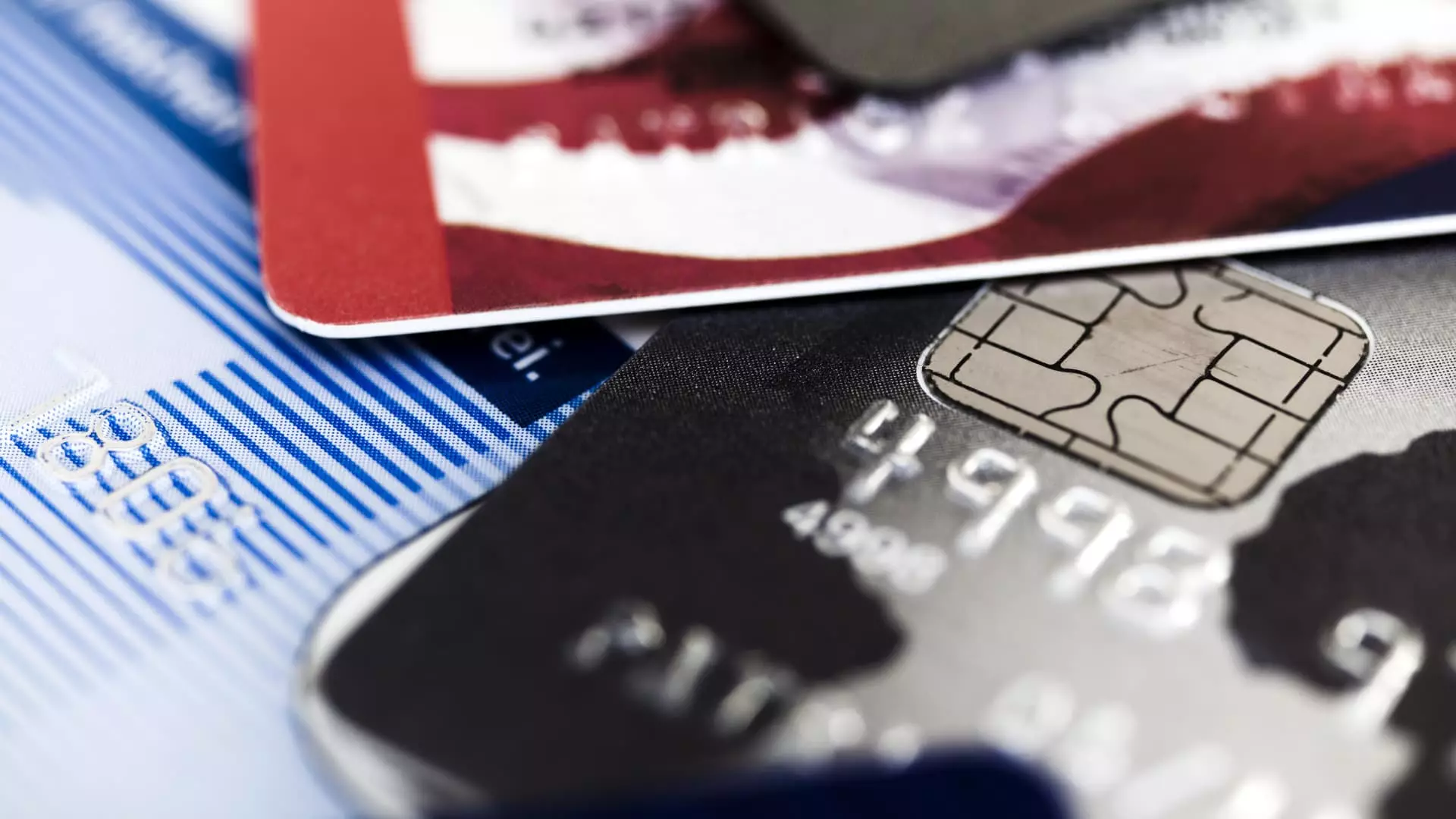In recent news, the Consumer Financial Protection Bureau (CFPB) regulation aimed at reducing late fees on credit cards is facing significant opposition from the U.S. Chamber of Commerce and the card industry. The industry filed a lawsuit against the CFPB to prevent the implementation of the new rule, which would limit late fees to $8 per incident, significantly lower than the current average of $32. The regulation, part of President Joe Biden’s campaign against “junk fees,” aims to save American families billions of dollars in fees each year.
If the regulation goes into effect, it is estimated that American families could save up to $10 billion annually in late fees. However, major card issuers, such as Capital One and Synchrony, have already begun planning for the potential loss in revenue. Strategies to offset this loss may include raising interest rates, introducing new fees, or changing lending practices. Capital One’s CEO, Richard Fairbank, has indicated that the rule could impact the bank’s revenue for a “couple of years” as they implement mitigating actions to recover lost income.
The Industry’s Response
The card industry argues that the regulation is misguided and could have unintended consequences. They claim that pushing down late fees could result in higher costs for responsible cardholders who pay their bills on time. Additionally, industry representatives suggest that the regulation may make it easier for users to fall behind on payments, ultimately harming the very consumers it intends to protect.
There is speculation that the U.S. Chamber of Commerce will succeed in delaying the implementation of the regulation, either through the Northern District of Texas or the 5th Circuit Court of Appeals. A preliminary injunction could postpone the rule until a resolution is reached, potentially through a lengthy legal process. The choice to file the lawsuit in Texas, known for favoring corporate interests, indicates a strategic move by the industry group to challenge the regulation in a venue perceived to be more sympathetic to their cause.
As the court prepares to make a ruling on the industry’s request for a freeze, the future of the credit card late fee regulation hangs in the balance. Whether the rule will be allowed to go into effect or face further legal challenges remains uncertain. The outcome of this battle will have far-reaching implications for consumers, financial institutions, and the broader financial landscape in the United States. The decision could set a precedent for future regulatory efforts aimed at protecting consumers from excessive fees and practices within the credit card industry.


Leave a Reply